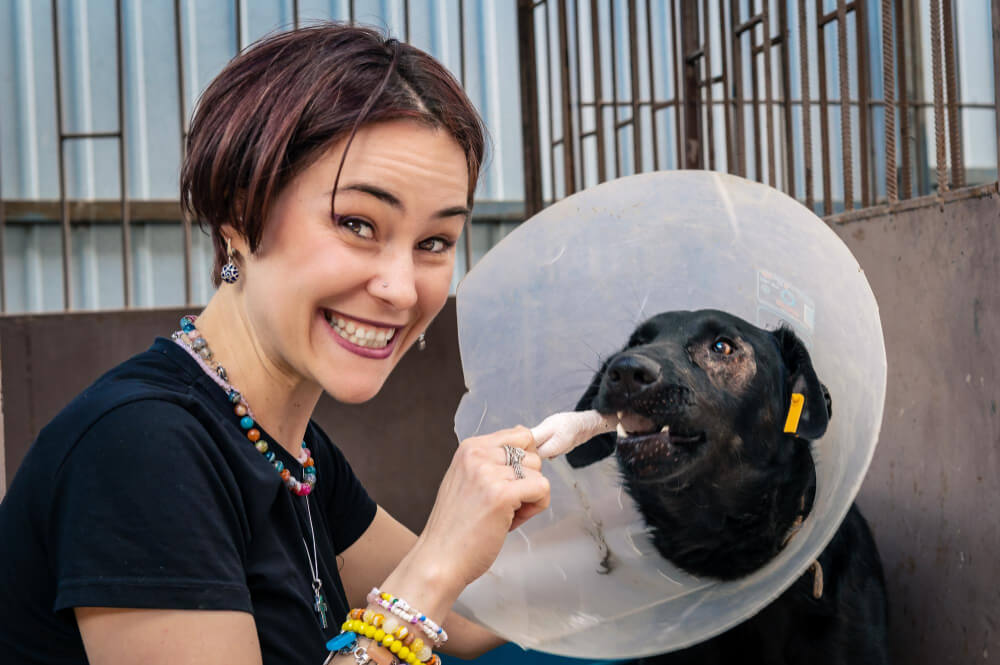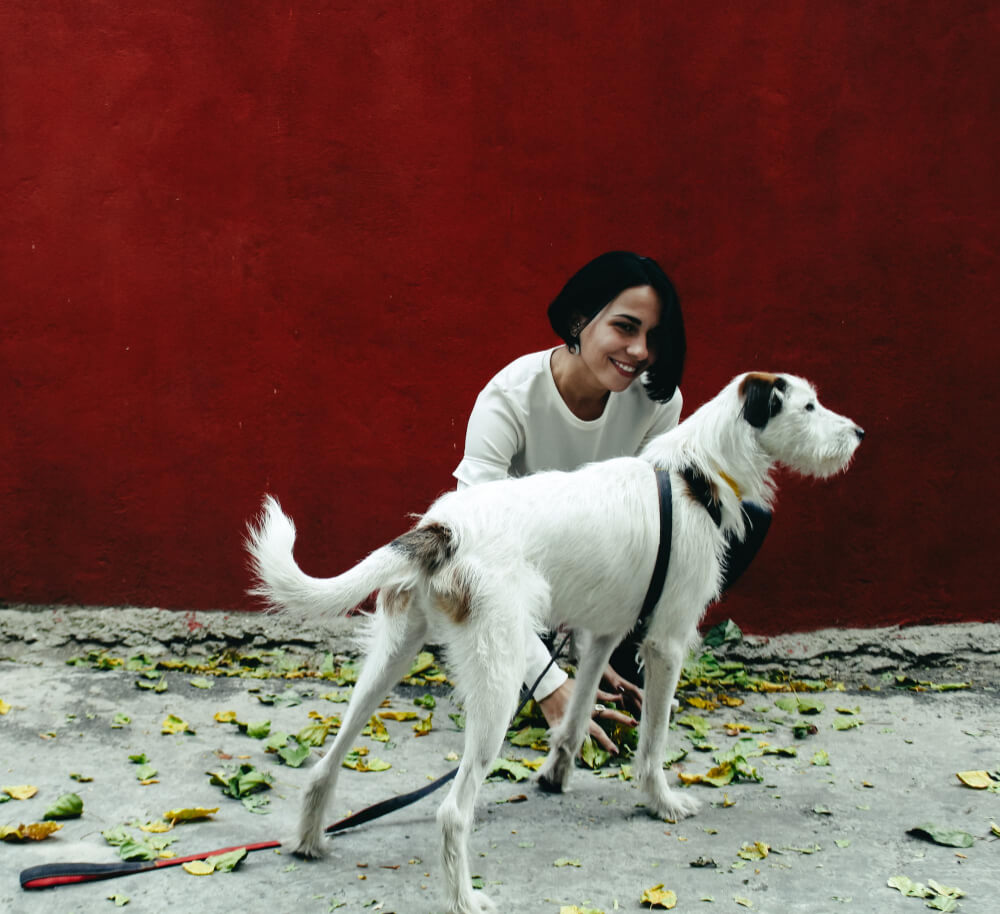Giardia is one of those sneaky parasites that can affect your dog without you even realizing it. While the name might sound like something out of a science textbook, it’s actually more common than you think. But don’t worry! In this article, we’ll break down everything you need to know about giardia in dogs in a way that’s easy to understand and helpful for you and your furry friend.

What Is Giardia?
Giardia is a microscopic parasite that lives in the intestines of infected animals. It’s not a worm or a bacteria but a single-celled organism called a protozoan. The specific species that affects dogs is Giardia duodenalis, which can sometimes also infect humans (yikes!).
This parasite causes a condition known as giardiasis, leading to gastrointestinal issues like diarrhea. While it’s rarely life-threatening, it can be uncomfortable for your dog and challenging to manage if left untreated.
How Do Dogs Get Giardia?
Your dog can pick up giardia in several ways. Here are the most common:
Contaminated Water
Giardia thrives in moist environments, especially in water. Drinking from puddles, streams, or even poorly maintained bowls can expose your pup to the parasite.
Contact with Feces
Dogs are curious creatures, and sniffing or eating infected poop (as gross as it sounds) can easily transmit giardia.
Contaminated Surfaces
Shared spaces like dog parks or kennels can harbor the parasite. If an infected dog leaves traces of giardia behind, your dog could be at risk.
Symptoms of Giardia in Dogs
One of the tricky things about giardia is that not all infected dogs show symptoms. However, when they do, the signs can include:
- Diarrhea: Often watery, greasy, or with a strong odor.
- Weight Loss: Due to malabsorption of nutrients.
- Vomiting: Though less common, it can happen.
- Lethargy: Your dog might seem more tired than usual.
- Dehydration: A result of persistent diarrhea.
If you notice these symptoms, it’s essential to consult your vet as soon as possible.

How Is Giardia Diagnosed?
Diagnosing giardia isn’t always straightforward. Your vet might:
- Examine a Stool Sample: Giardia cysts can sometimes be seen under a microscope.
- Use an ELISA Test: This is a more accurate test that detects giardia antigens in the stool.
Because giardia cysts are shed intermittently, multiple tests might be needed to confirm the diagnosis.
Treatment for Giardia in Dogs
The good news? Giardia is treatable! Your vet will likely prescribe:
Medication
- Fenbendazole or Metronidazole: These are the most commonly used drugs to eliminate giardia.
- Probiotics: To help restore your dog’s gut health.
Hygiene Practices
- Bathe your dog frequently to remove any lingering giardia cysts from their fur.
- Clean and disinfect their living areas, food bowls, and bedding.
Your vet may also recommend a follow-up stool test to ensure the parasite is completely gone.
Preventing Giardia in Dogs
While it’s impossible to guarantee 100% protection, you can significantly reduce the risk:
Provide Clean Drinking Water
Always ensure your dog has access to fresh, clean water. Avoid letting them drink from puddles or streams during walks.
Practice Good Hygiene
- Pick up after your dog immediately to prevent environmental contamination.
- Wash your hands thoroughly after handling dog waste.
Regular Vet Checkups
Routine checkups can help catch giardia early, especially if your dog frequents high-risk areas like dog parks.
Can Humans Get Giardia from Dogs?
The short answer is: It’s possible but rare. Humans can contract giardia, but the strains that typically infect dogs are less likely to infect people. However, practicing good hygiene (like washing your hands) is crucial if your dog has been diagnosed.
When to Call the Vet
If your dog is showing any symptoms of giardia, especially persistent diarrhea, it’s time to call your vet. Early diagnosis and treatment can make a big difference in your dog’s recovery.
Final Thoughts
Giardia might be a nuisance, but with the right care and precautions, it’s entirely manageable. By staying vigilant and maintaining good hygiene, you can keep your pup happy and healthy. Remember, when in doubt, always reach out to your vet for advice—they’re your best ally in keeping your furry friend in tip-top shape!
Have questions or stories about dealing with giardia? Share them in the comments below—we’d love to hear from you!







